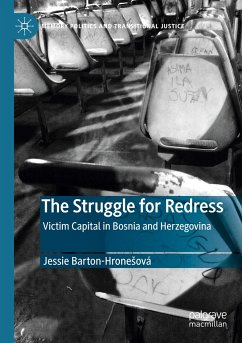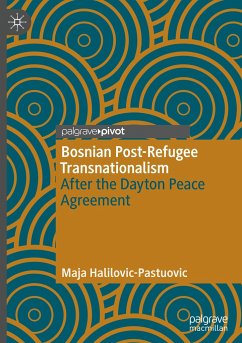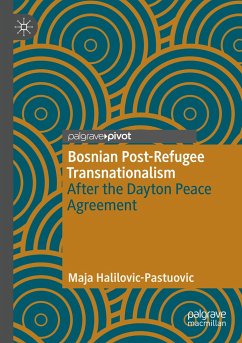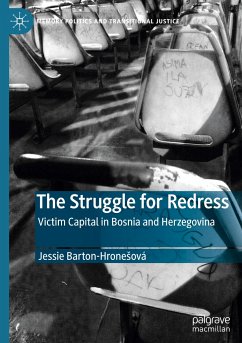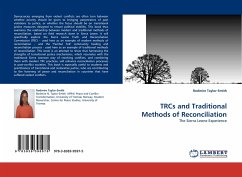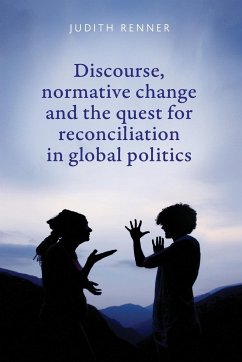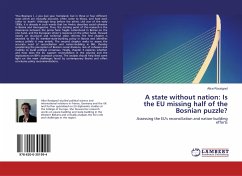
A state without nation: Is the EU missing half of the Bosnian puzzle?
Assessing the EU's reconciliation and nation-building efforts
Versandkostenfrei!
Versandfertig in 6-10 Tagen
22,99 €
inkl. MwSt.

PAYBACK Punkte
11 °P sammeln!
"You Bosnians (...) you love your homeland, but in three or four different ways which are mutually exclusive, often come to blows, and hate each other to death". Although long before the ethnic civil war of the early 1990s, it is already in such words that Ivo Andric describes social cohesion in Bosnia and Herzegovina. Thus, the starting point of this research is the dissonance between the prima facie fragile nationhood in Bosnia on the one hand, and the European Union's response on the other hand, focused mostly on structural and technical state reforms. The first chapter is devoted to the EU...
"You Bosnians (...) you love your homeland, but in three or four different ways which are mutually exclusive, often come to blows, and hate each other to death". Although long before the ethnic civil war of the early 1990s, it is already in such words that Ivo Andric describes social cohesion in Bosnia and Herzegovina. Thus, the starting point of this research is the dissonance between the prima facie fragile nationhood in Bosnia on the one hand, and the European Union's response on the other hand, focused mostly on structural and technical state reforms. The first chapter is devoted to the EU member-state-building policy in Bosnia and identifies various pitfalls it may entails. The second chapter seeks to assess the accurate need of reconciliation and nation-building in BiH, thereby questioning the perception of Bosnia's social divisions, lack of cohesion and inability to build political consensus. Finally, chapter 3 explores whether and how does the EU support reconciliation inthe country and the implications on BiH's accession process. The analysis should help shed some light on the main challenges faced by contemporary Bosnia and offers conclusive policy recommandations.



